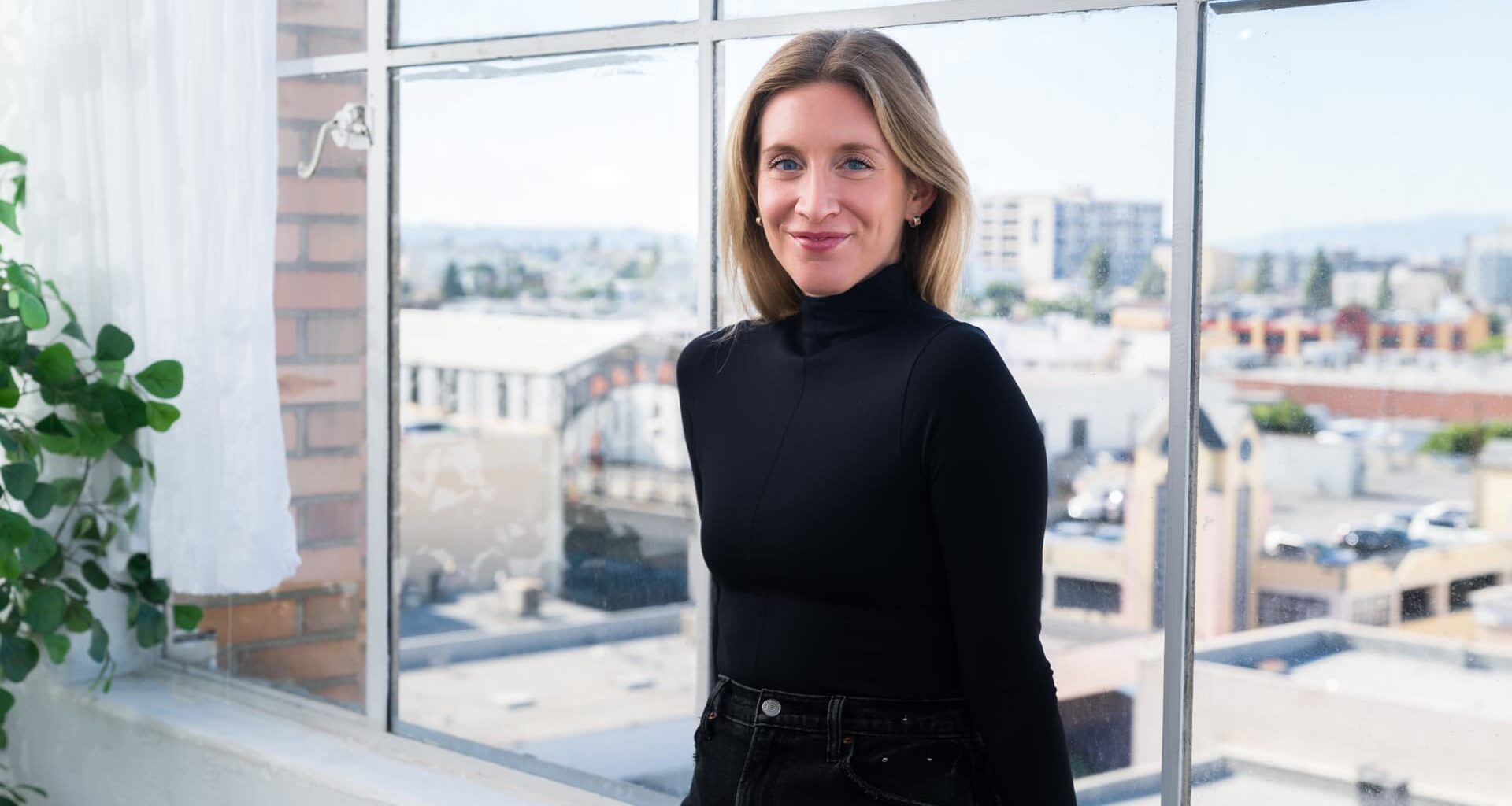Michela Allocca used to think saving money meant spending as little as possible.
“In my early 20s, I really didn’t know what to do with my money, so I just hoarded as much as I possibly could,” Allocca tells CNBC Make It.
The Chicago-based personal finance consultant and author of “Own Your Money” says that mindset led to decisions she regretted later, such as buying cheap clothes that didn’t last, turning down trips or experiences she could afford or taking public transit when it would have been safer to call an Uber.
“I started to associate spending money with being a bad thing,” she says. “It was me avoiding spending to the detriment of my own life.”
Her perspective has shifted over time. Now 30, Allocca says she focuses less on cutting every cost and more on spending with purpose — what she calls “buy less, but buy better.”
She’s selective about where she spends, but also willing to splurge on things that make her daily life easier or more enjoyable, like a quality mattress and bedding. “You sleep in your bed every night. If you don’t have a good night’s sleep, the rest of your day sucks,” she says.
Another high-value purchase is her Breville espresso machine, which typically sells for about $700. “I really value my morning coffee — I like the ritual of it,” she says. Because she uses it daily, she has no regrets about the price.
“There’s a big difference between being frugal and being cheap,” Allocca wrote in a recent LinkedIn post comparing frugality and cheapness. “Frugality means spending on what I value, and cutting where I don’t.”
Allocca also plans her life around affordable routines like reading, cooking and taking walks around Chicago. When she does want to socialize, she often invites friends to do those same activities.
“If I’m going to go on a walk, I’ll invite a friend,” she says. “If I’m going to grab a coffee, I’ll see who else is around. It’s obviously less expensive than going out [to a bar or restaurant], but I get the same emotional experience out of it — there’s so many ways to connect with people.”
Michela Allocca working from home.
Source: Michela Allocca
She’s taken a similar approach to her wardrobe. In her early 20s, Allocca says she’d buy “the cheapest version of everything,” often chasing trends or stocking up on lower-quality pieces that didn’t last. “Every year I found that I was replacing clothes, or I felt like I had nothing to wear,” she says.
Now, she keeps a small, neutral-colored wardrobe built around a few high-quality essentials she can mix and match, like a $238 pair of jeans she recently purchased that will last her for years. “I’m less concerned with price and more concerned with quality and how often I’ll wear it,” she says.
Allocca says even healthy financial habits can slip into extremes. While avoiding spending can feel rewarding, it can easily turn into an all-or-nothing mindset.
“There’s a lot of parallels between diet culture [and] consumption and spending,” she says, adding that too much focus on restriction can make it hard to build sustainable habits over time.
To avoid that trap, she budgets each week and reviews her transactions regularly, a practice she says helps her stay aware without becoming obsessive.
“When you write your expenses down, you’re formally acknowledging that purchase,” she says. “You realize how much money you’re actually spending — and more often than not, it’s more than what you thought.”
She still makes the occasional spending mistake, but doesn’t see it as failure. “I’m a person, I exist in the same world as everybody else,” she says. “Sometimes I buy things that go against my own rules or values — but that’s life.”
Her philosophy, she says, is to aim for progress, not perfection. “As long as you’re getting your basics right and spending within your means, the occasional splurge is fine.”
Want to level up your AI skills? Sign up for Smarter by CNBC Make It’s new online course, How To Use AI To Communicate Better At Work. Get specific prompts to optimize emails, memos and presentations for tone, context and audience. Sign up today with coupon code EARLYBIRD for an introductory discount of 20% off. Offer valid Oct. 21 through Oct. 28, 2025.
Plus, sign up for CNBC Make It’s newsletter to get tips and tricks for success at work, with money and in life, and request to join our exclusive community on LinkedIn to connect with experts and peers.


